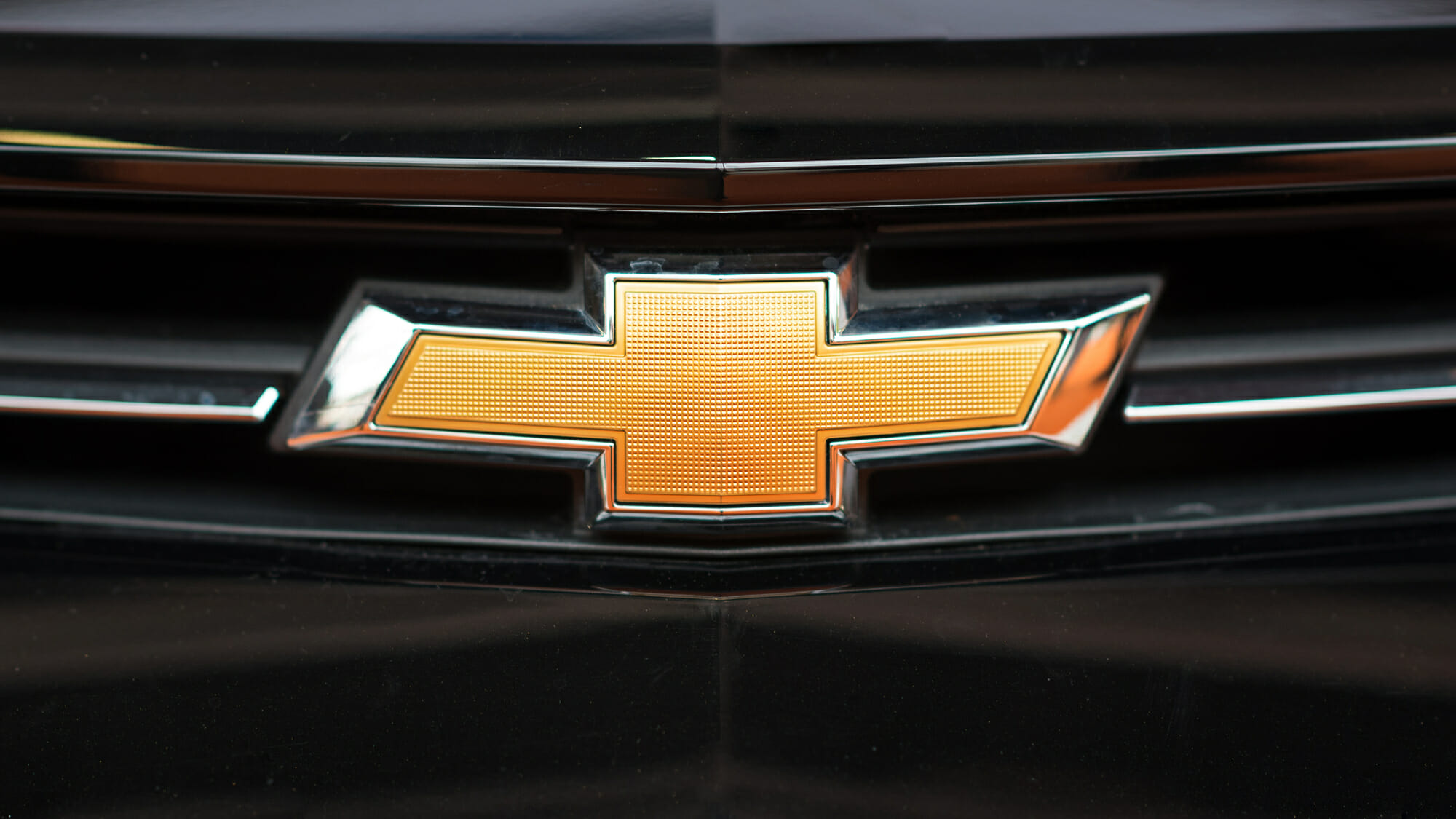
Are you looking for an excellent vehicle but don’t know where to start? A vehicle with an ECOTEC 5.3L V8 engine is a great starting point. This engine is used in pickup trucks and SUVs and is part of the Gen V small block engine design category.
What Chevrolet 5.3L engine specs should I know about?
Here are a few of the most important:
- Advanced combustion system
- Four-cylinder operation for light loads
- Best-in-class V8 fuel economy
- Direct injection
- Continuously variable valve timing
- Cylinder deactivation
There are more specifications than just your engine to consider when buying a vehicle, but if you want to know more about the Chevrolet 5.3L engine specs, then this article will give you the answers that you’ve been looking for.
The EcoTec3 Engine Family
The EcoTec3 engine family has three features that are completely state-of-the-art aspects of the engine.
These include:
- Direct injection
- Continuously variable valve timing
- Cylinder deactivation
These technologies help provide the right torque for tough jobs but also allow the vehicle to switch to four-cylinder mode when there is a lighter load in the truck bed.
The 5.3L engine has 355 horsepower and 383 lb-ft. It also offers the best fuel economy among all V8 pickup trucks, coming in at an average of 23 mph on the highway with two-wheel drive.
Working with the Advanced Combustion System
The advanced combustion system in the EcoTec3 engine family maximizes the system, providing the right amount of power for a job. The engine has a higher compression ratio of 11.0:1 with regular fuel.
This improves both efficiency and power.
The system has the ability to maintain the appropriate detonations so that the performance is efficient even under harsh conditions. Emissions were reduced with these changes, too, down by around 25%.
Direct Injection Benefits
The EcoTec3 family of engines also uses direct fuel injection. This allows a precise amount of fuel to be added to the cylinders, optimizing combustion regardless of the conditions. With sculpted pistons and new cylinder-head designs combined, the combustions are optimized for the most energy.
Cylinder Deactivation/Active Fuel Management (AFM)
With cylinder deactivation (also known as active fuel management, or AFM), the engine can switch how many cylinders it’s using at one time. For lighter loads, only four cylinders will be activated, improving the efficiency of the vehicle overall.
General Engine Specs
Of course, you probably want to know the general engine specs as well. The 5.3L V8 engine is made of cast aluminum and has an overhead valve, two valves per cylinder and variable valve timing. The ignition system has low-resistance spark plug wires, platinum-tipped spark plugs and a coil-near-plug.
The general compression ratio is 11.0:1, and the horsepower is 355/250 @5600 for the gas engine and 380/283 @5600 for the E85 model. You’ll get 383/519 @4100 of torque with the gas model and 416/564 @4100 for the E85 model. The engine comes either designed for regular fuel or E85.
The two-wheel-drive model has an average fuel economy of 16 mpg in city and 23 mpg on the highway, while the four-wheel-drive model gets 16 in the city and 22 mpg on highways.
Finally, looking at emissions controls, the engine comes with fast-response 02 sensors, a Quick Sync 58X ignition, returnless fuel rails and a close-coupled catalytic converter.
Pros and Cons of the EcoTec 5.3L V8 L83 Engine
As with most engines, there are pros and cons to having the EcoTec3 line of engines in your vehicle, too. Below are three of the important positives and negatives to consider if you’d like to get a vehicle equipped with this engine.
Pros:
- Active fuel management
- Variable valve timing
- Cylinder deactivation
Cons:
- More prone to no-starts
- Accelerated wear and tear if poor-quality fuel is used
- More complicated to repair
If you’re not planning on hauling large loads or doing work in your vehicle, the V8 engine may be more than you need. Due to the risks involved with the new engine system, it’s more costly if repairs are needed.